The NAACP in the Great Depression
The 1930's brought about significant changes for Walter White and the NAACP. Barely a month after White took over as acting secretary to replace James Weldon Johnson, the stock market crashed ending the Roaring Twenties and heralding the beginning of the Great Depression. The Great Depression would bring challenges to the Association in trying to do its work on a greatly reduced budget. White would permanently succeed Johnson as the executive secretary in 1931 and almost immediately faced a revolt among his co-workers. Segregated and unequal education became an issue that the Association began to challenge. The new programs that FDR introduced were often carried out in ways that discriminated against African Americans thus opening a new front for NAACP activities. Questions were raised whether the slow methods of fighting through the courts met the economic challenges African Americans were facing. The very organization of the NAACP was challenged as some felt it should be more democratic and give the branches greater power and authority. A new legal defense fund was created and a cadre of African American lawyers was formed to fight the Association's cases
through the courts.
On the personal front Walter White had to face the death of his father as well as his burgeoning, sporadic affair with Poppy Cannon while raising two children to live up to his ideals.
You can take one of our recommended 1930's paths or you can continue on to the 1940's: Continue to the 1940's
through the courts.
On the personal front Walter White had to face the death of his father as well as his burgeoning, sporadic affair with Poppy Cannon while raising two children to live up to his ideals.
You can take one of our recommended 1930's paths or you can continue on to the 1940's: Continue to the 1940's
| Previous page on path | The NAACP in the 1930's, page 2 of 9 | Next page on path |
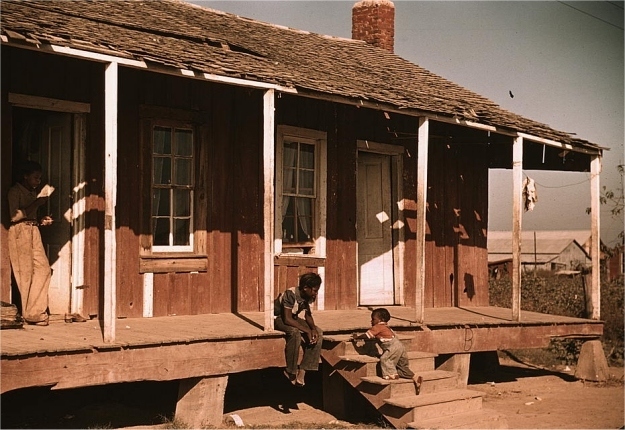
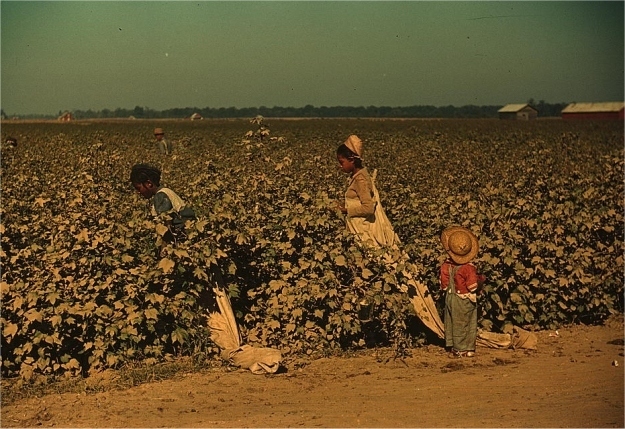
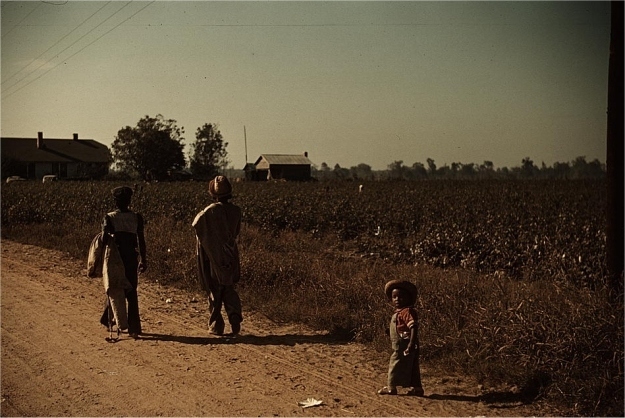



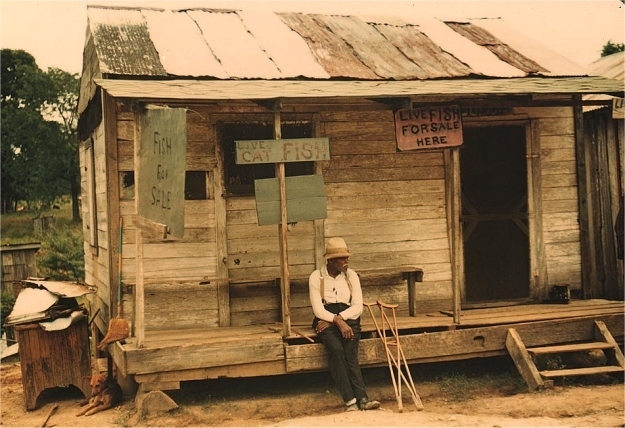

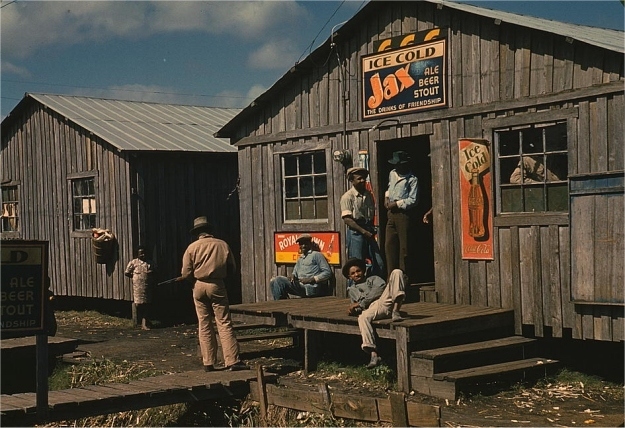
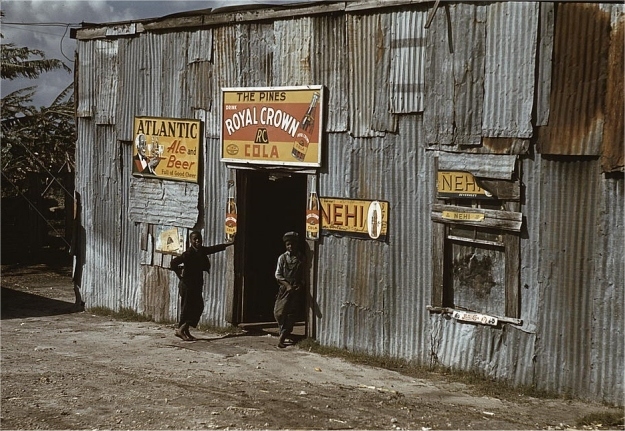
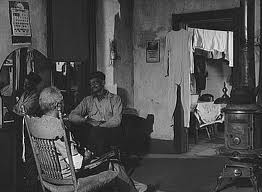
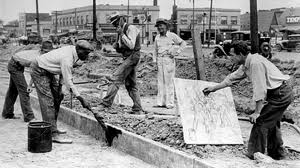
Discussion of "The NAACP in the Great Depression"
Add your voice to this discussion.
Checking your signed in status ...